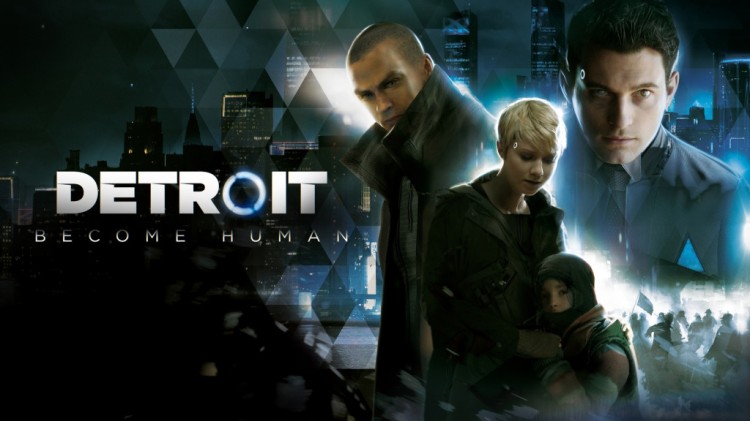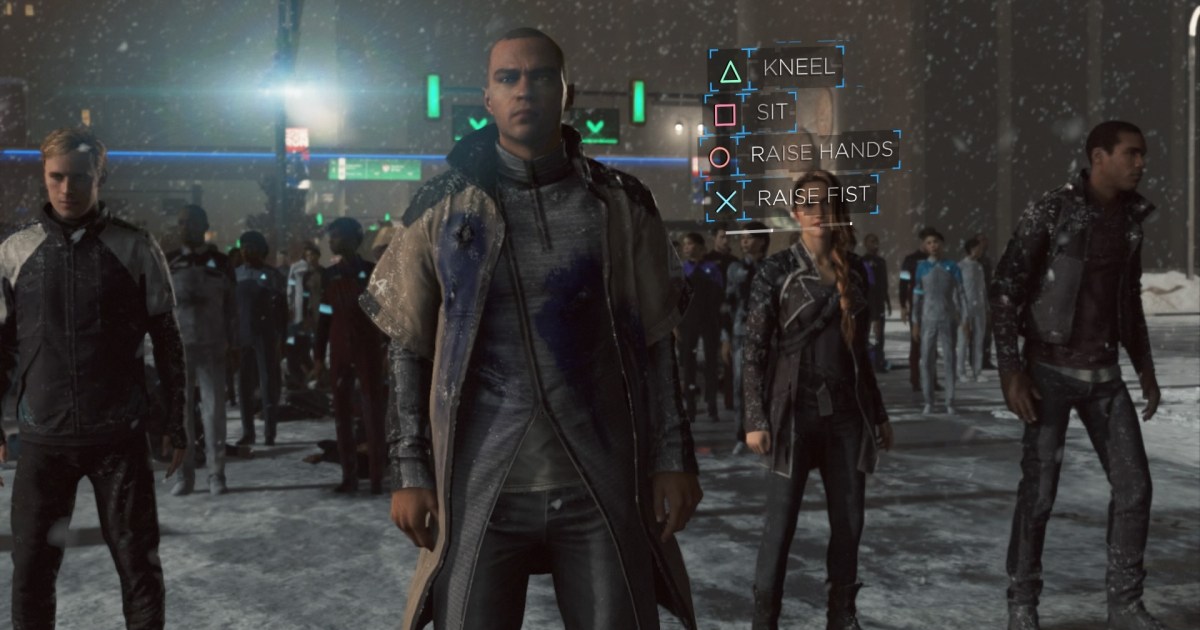Detroit Become Human: How one game demonstrates aspects of social influence
This article relates to a game that I am very fond of which is Detroit Become Human! This is a game about Ai gaining their own sense of consciousness resulting in many "androids" (human like robots) disobeying their human owners. The three playable characters are Kara, Connor and Markus who all demonstrate different aspects of social influence, as explained below.
Obedience
All android characters initially obey who they believe to be in authority: their human owners. There is a shift from obedience to disobedience as the characters face unethical situations where they are expected to do nothing.
Although this is mainly due to the idea of androids being computers and therefore programmed to behave a certain way, we can identify certain ideas:
- Humans are a legitimate authority as the societal hierarchy is structured so that humans have power over androids. Furthermore they have teh ability to punish by deactivating the androids.
- All playable characters shift from an agentic state to an autonomous state as they question why humans have control when all they seem to do is cause destruction
- As more androids disobey and actively speak out, mother androids, such as Connor, become influenced to do the same
- The androids demonstrate an internal locus of control as when they disobey their programs they begin to say "I" rather than ignoring their choice as individual
Minority Influence & social change
The overarching theme in the game is the idea of revolution as all androids end up in a similar position of wanting to bring about change that allows them to live freely.
Markus, one of our main characters, uses and demonstrates components of minority influence that leads to social change, such as:
- Commitment to the liberation of androids through risky behaviours such as marching outside of death camps
- Depending on the players choices, he can demonstrate consistency with his message and actions over a long period of time
- Markus grabs the attention of the humans by breaking into shops selling androids, causing the issue to gain momentum (snowball effect)
- Deeper processing can be seen when the public opinion changes overtime, from the president considering to change the status of androids as living to the opinions held by Adam, the son of an android smuggler, changing.
Overall, the views of the androids can be internalised by other characters in the game depending on how they decide to go about bringing social change as the minority


Comments
Post a Comment